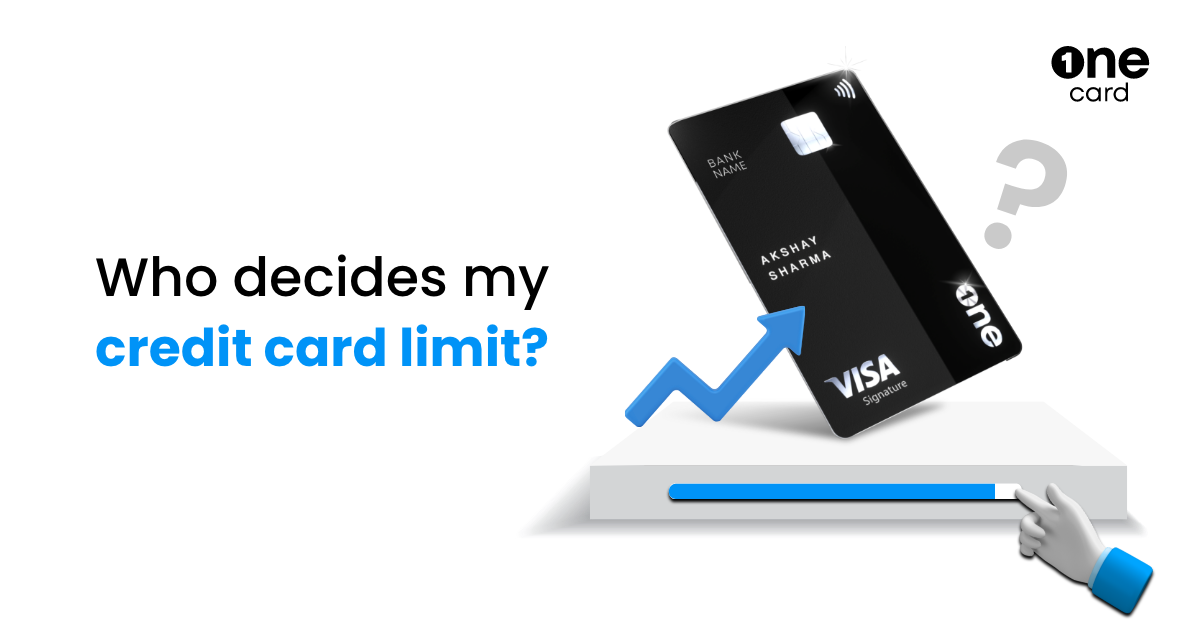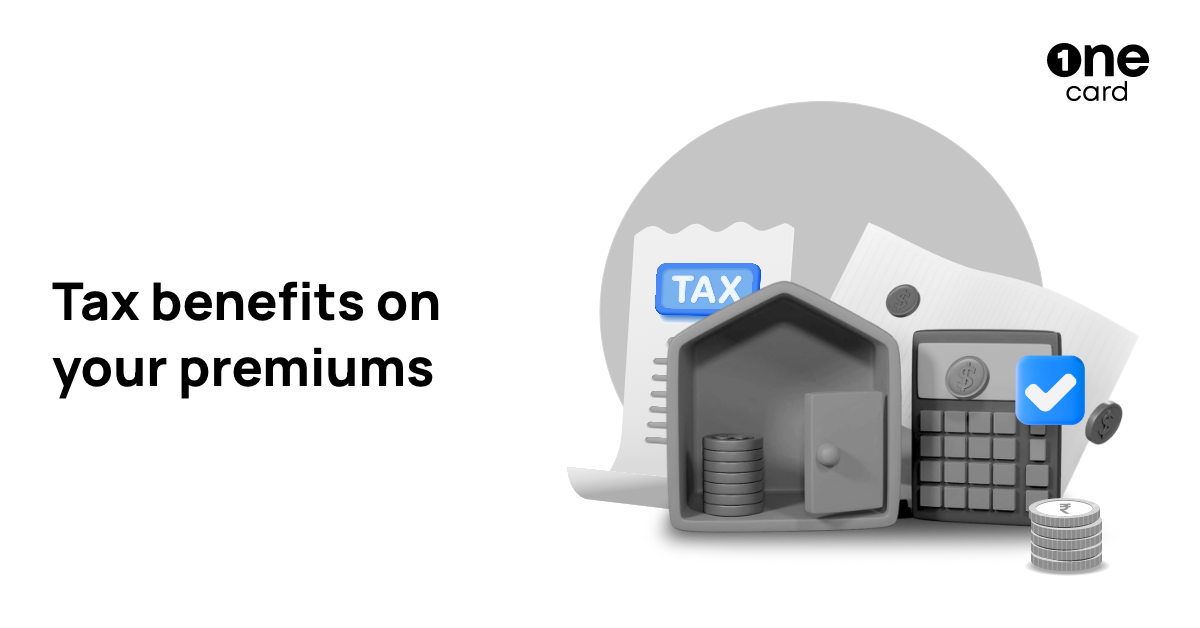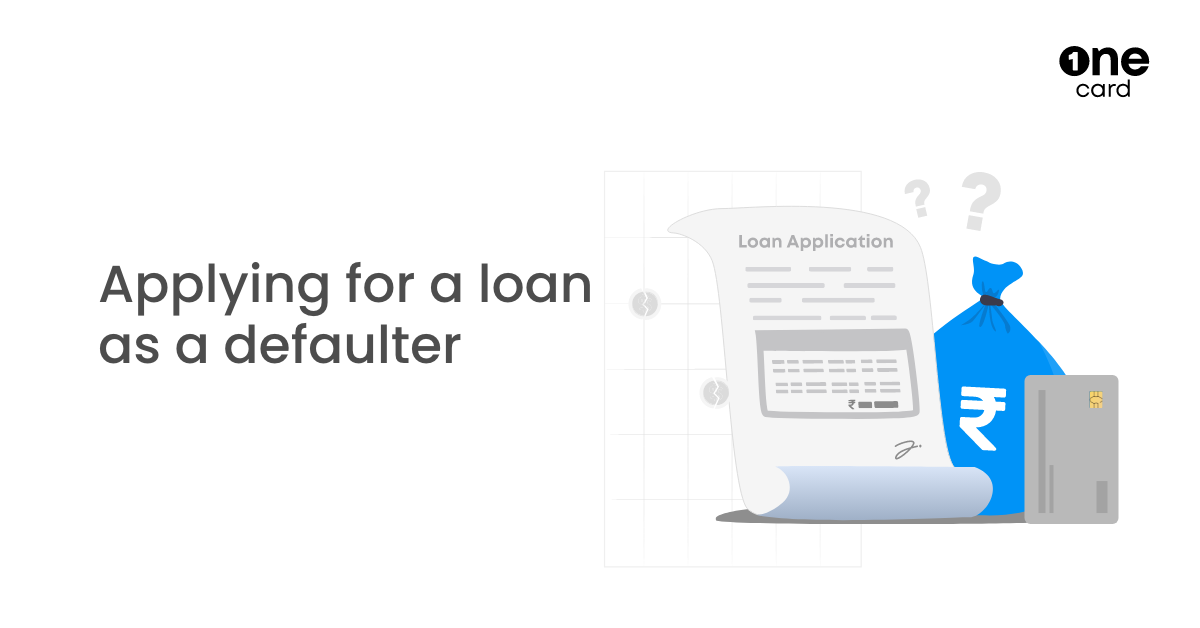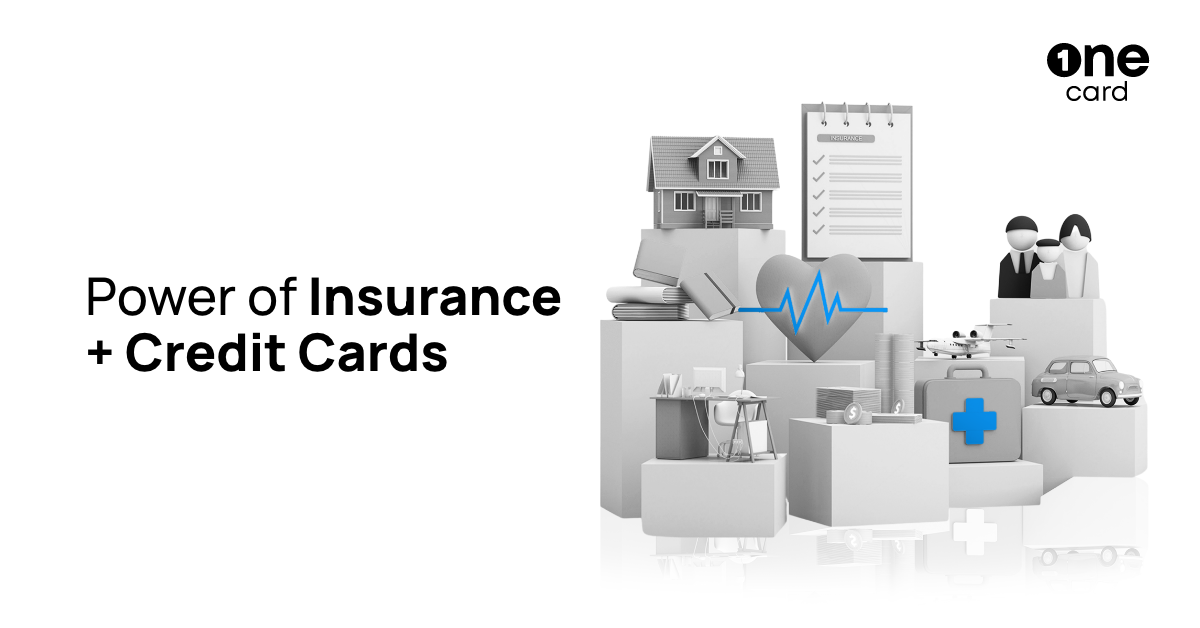How to Increase Your Credit Card Limit?
By OneCard | March 02, 2023

A credit limit is the highest amount of credit that a financial organization or lender lets the borrower charge to their credit account. The borrower can use the credit up to the credit limit, but exceeding the credit limit may result in penalties, fees, and damage to the borrower’s credit score.
In the case of unsecured credit cards, the credit card limit is decided by the lender based on various profile factors including credit score, income, etc. The credit limit is then offered to the applicant. However, in the case of secured cards, the applicant has to make a cash deposit against which the lender offers a credit limit. The credit limit in this case is usually 100% of the deposited amount.
Table of contents:
Factors influencing your credit limit:
The lender determines your credit limit based on several factors, including the borrower’s creditworthiness, income, debt-to-income ratio, and credit history. Let’s understand them in depth.
Creditworthiness
Your credit score is a clear indication of how well you have managed your credit. People with higher credit score (750 & above) can qualify for credit cards with high limits whereas people with poor score may face rejection in their loan applications. That is why it’s important to build your creditworthiness by regularly monitoring your credit accounts. We know just the app for it. Check out OneScore, it’s free of cost and free of spam.
Credit utilization
Banks or credit card issuers also check your credit utilization, that is how much of your available credit you are using, before extending your new credit.
If you are in the habit of maxing out your card, you will appear credit-hungry to the issuer and they may reject your application. So always ensure you maintain a healthy credit utilization ratio. However, it’s also equally important to keep your credit cards active. Make sure you don’t discard your old cards and use them once in a while.
Additional Read:- Best Ways to Use Credit Card
Income and debt ratio
Your DTI ratio indicates how much credit you are capable of paying off comfortably. Lenders look at your debt-to-income ratio (DTI) before issuing you new credit. It is determined by comparing your monthly income to your obligations such as EMIs or any credit card payments etc. The lower your DTI ratio the better your chances of getting a higher credit limit.
How to Increase Credit Card Limit
Here are some tips on how to increase credit card limit:
- If you are an existing credit card user, you can contact your lender and share any supporting documents for a credit card limit increase.
- Get a new credit card for an overall increase in your credit limit.
- Improve your profile factors such as credit score and income to increase your chances of getting a credit card limit increase.
- Use your card well by making timely payments and by not maxing out your credit card. This way you will become an ideal prospect for an offer for a credit card limit increase.
Can you get your credit limit increased?
It is important to establish your creditworthiness to be eligible for a higher credit limit. This can be achieved by following simple ground rules such as paying your dues in full and on time and keeping your credit utilization in check.
Once you have built a good history, your credit card issuer may extend the option to increase your credit limit.
Check your credit limit on OneCard in less than 5 minutes. All you have to do is download Onecard, register your details and you can see your approved credit limit in a jiffy.

**Disclaimer: The information provided in this webpage does not, and is not intended to, constitute any kind of advice; instead, all the information available here is for general informational purposes only. FPL Technologies Private Limited and the author shall not be responsible for any direct/indirect/damages/loss incurred by the reader for making any decision based on the contents and information. Please consult your advisor before making any decision.



Sharing is caring 😉